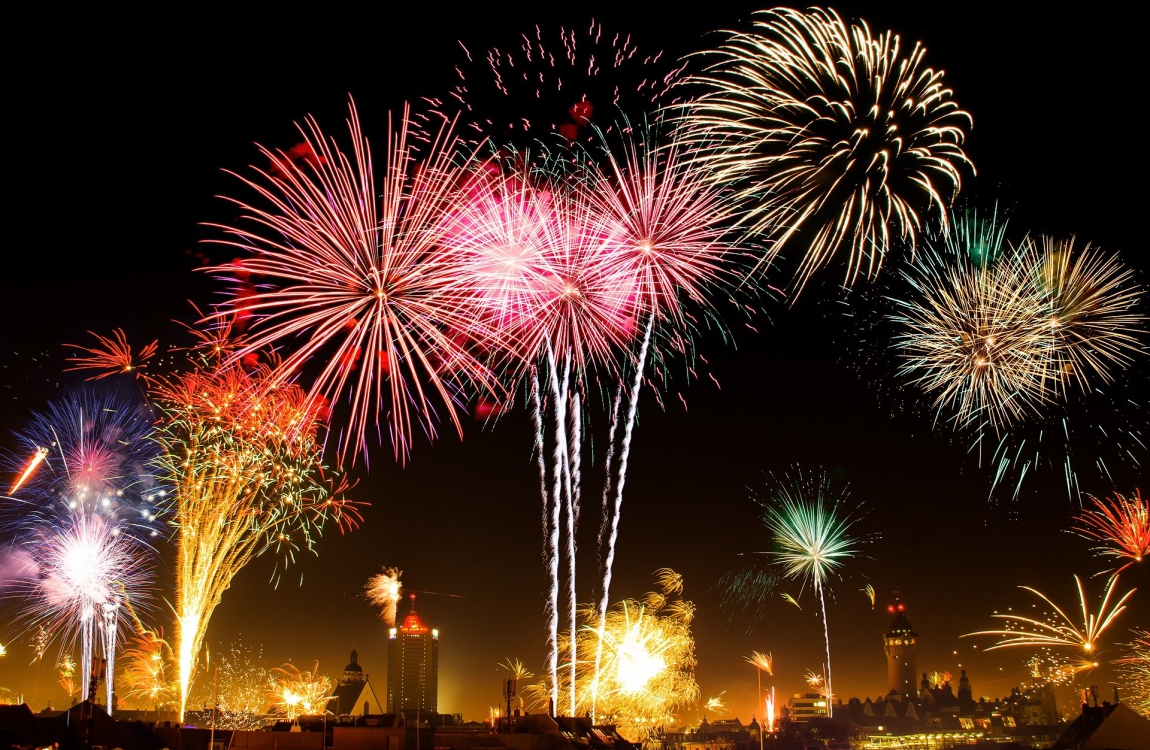TO CONVINCE THE COMMUNES TO MUTE

Fireworks are a source of stress and danger for animals.
The problem is that the hearing of animals is generally finer than ours, the noise generated by these shots becomes for them a nightmare.
They panic, escape, injure themselves.
Or worse: they die.
To remedy this scourge, GAIA invites Walloons and Brussels residents to write to their municipality via www.animauxenpetard.be.
The objective: to convince the mayors to opt for fireworks with low noise, in combination with a lightshow.
Nearly two years ago, in front of mayors and aldermen of animal welfare, GAIA was testing a so-called "low noise" fireworks display at the Cinquantenaire in Brussels.
Objective 1: avoid general panic in domestic animals, birds and animals on the prairie.
Objective 2: demonstrate that the show can be a success even when the noise is reduced by half (we go from 150 dB to around 70 dB).
In Flanders, a decree was passed in April 2019 prohibiting fireworks.
Exemptions can, of course, still be granted by the municipalities, but only for defined spaces and periods.
In Wallonia and the Brussels-Capital Region, on the other hand, the situation has not changed.
Only a few rare municipalities (Jemeppe-sur-Sambre, Comines, La Hulpe, Eupen) have decided to take the plunge and opt for a more animal-friendly alternative.
La Bruyère having decided outright to ban fireworks.
Preserve animals
Each year, a municipality must launch a public call for tenders.
However, the traditional fireworkers lobby with municipal councils, explains Ann De Greef, director of GAIA.
As a result, the same people always get the contracts and nothing changes.
While low-noise fireworks don't spoil the party, they're not much more expensive and have the advantage of preserving animals' nerves.
To convince elected municipal officials to take animal welfare into account, GAIA invites Walloons and Brussels residents to write to their municipality via www.animauxenpetard.be.
By sending this email to your bourgmestre and / or your alderman for animal welfare, you will help us convince them to choose an alternative that is more respectful of animals.
Especially if your municipality agrees to try the experiment, others could follow the example, "underlines Ann De Greef.
Reduce noise, not party
The muffled noise alternative reduces noise to 60-80 decibels, where a conventional firework can go up to 150 decibels or more.
The only thing that changes is the noise: "At the time of the detonation, the noise of the explosion in the air is muffled and therefore less powerful.
For animals, which generally have extremely fine hearing, this contained noise generates less noise pollution and therefore less stress ”, concludes Ann De Greef.
Has your pet panicked, escaped, or been injured as a result of New Years fireworks?
GAIA invites you to send your testimony to Feudartifice@gaia.be, specifying your municipality and the details of the incident. 7 tips not to spoil the party
The ideal is not to use fireworks.
If there are detonations in your neighborhood, consider these tips:
• Keep all pets indoors after dark.
Close the curtains and shutters.
• Leave the light and the radio or television on so that the noise and lightning are somewhat reduced.
• If your dog is very sensitive to noise, talk to your veterinarian.
Avoid administering medications yourself.
Certain substances contained can anesthetize your animal but not make it insensitive to fear.
• Keep horses, donkeys, ponies or cattle in the barn.
• Make sure that your pet is microchipped and registered, and that he wears a name collar.
It will be much easier to find him if he had to flee.
• You can gradually get your pet used to fireworks.
CDs with fireworks sounds are available for sale, and files of such recordings can also be downloaded from the internet.
• Do not over-comfort your pet (unless he is in a state of complete panic).
He might understand that something is wrong and that his fear is justified.
The ideal is to behave naturally. |
